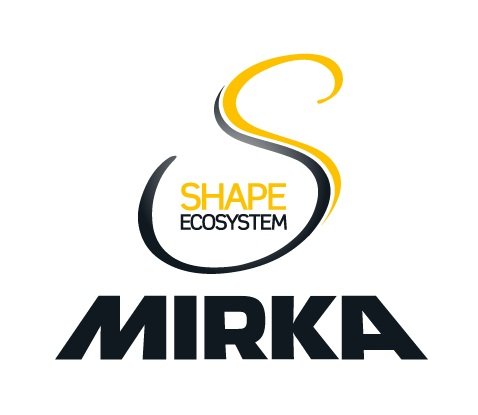
Frequently Asked Questions
-
The green transition means a shift towards economically sustainable growth and an economy that is not based on fossil fuels and overconsumption of natural resources. A sustainable economy relies on low-carbon solutions that promote a circular economy and biodiversity.
For companies, the manufacturing industry and municipalities, the green transition can mean investments in clean energy production, circular economy solutions and hydrogen technology, and the introduction of different kinds of new services and operating models.
Source: Ministry of the Environment in Finland
-
An economic model which does not focus on producing more and more goods, but in which consumption is based on sharing, renting and recycling. Materials are not destroyed in the end but are used to make new products over and over again.
Source: Sitra
-
A value chain refers to the full lifecycle of a product or process, including material sourcing, production, consumption and disposal/recycling processes.
Source: University of Cambridge
-
Remanufacturing means reusing or repairing components in order to rebuild old products. Hence the lifetime of the product is extended and the need of producing a new one is unnecessary.
-
The integration of environmental aspects into the product development process, by balancing ecological and economic requirements. Ecodesign considers environmental aspects at all stages of the product development process, striving for products which make the lowest possible environmental impact throughout the product life cycle.
Source: European Environment Agency
-
Sustainable materials are materials used throughout our consumer and industrial economy that can be produced in required volumes without depleting non-renewable resources and without disrupting the established steady-state equilibrium of the environment and key natural resource systems. Sustainable materials are materials from renewable sources that can be produced at high volumes without adversely affecting the environment or critical ecologies.
Source: Rutgers
-
Business Finland is a public organization providing internationalization and funding services to companies, accelerating sustainable growth, and generating prosperity and well-being for Finnish society. Business Finland helps customer companies grow and succeed globally, develop solutions for the future and renew their business operations boldly. The aim is to promote collaboration between companies and research groups so that new endeavours can develop into international business ecosystems.
-
Each year Business Finland launches challenge competitions in which companies with international operations agree to resolve significant future challenges and increase their research, development, and innovation investments in Finland. The winner will lead ecosystems that consist of companies of different sizes and other players to further enhance innovation in their field of business.
-
SHAPE ecosystem will consist of companies of different sizes as well as research groups, universities and other players. The aim of the ecosystem is to achieve the target of the SHAPE project by sharing knowledge and competence across industry borders.
-
There are numerous benefits of being a member to the SHAPE Ecosystem.
You will get access to webinars and workshops that are designed to foster learning and knowledge exchange within the Ecosystem.
SHAPE keeps our members informed about the latest news and events happening within the Ecosystem. This includes new projects, events, and insights in industry trends. You can also stay up-to-date through our SHAPE Ecosystem LinkedIn and website.
As a member, you will get the opportunity to participate in projects. Your involvement can range from contributing with ideas or expertise, to being offered a position as a SHAPE Ecosystem partner.
One of the most valuable aspects of the SHAPE Ecosystem is our extensive network. As a member, you will gain access to a diverse professional network of other ecosystem members and partners.
-
Becoming a partner of the SHAPE Ecosystem is a strategic move for your business, positioning you as a forerunner in the green transition of manufacturing and the growing remanufacturing industry.
As a SHAPE partner, you have the opportunity to suggest, prepare and actively participate in projects. This empowers your business to shape the direction of initiatives and drive change in the industry.
SHAPE Ecosystem partners form the cornerstone of our extensive network. Becoming a partner grants you access to this network, facilitating collaboration and forging valuable connections with other industry experts.
Our partners contribute with their expertise, knowledge and ideas when developing content for SHAPE workshops and webinars, in which you can actively participate in as a partner.
Partners also gain visibility through the partnership. We frequently feature our partners on our own channels, allowing them to share their SHAPE journey.
